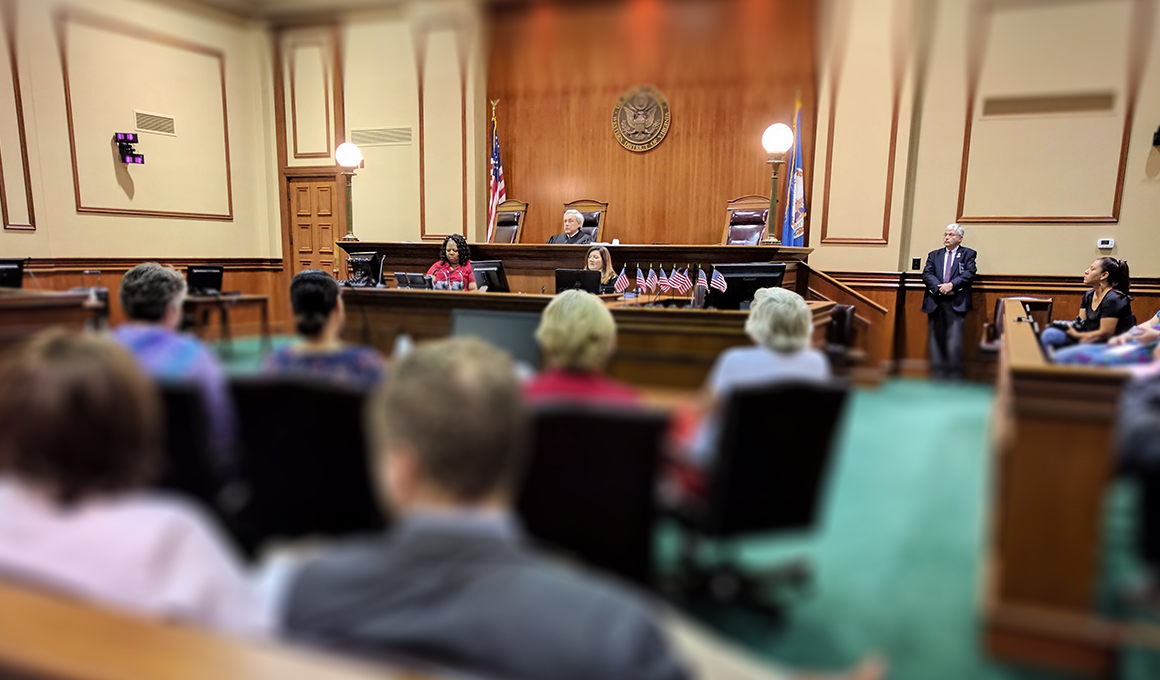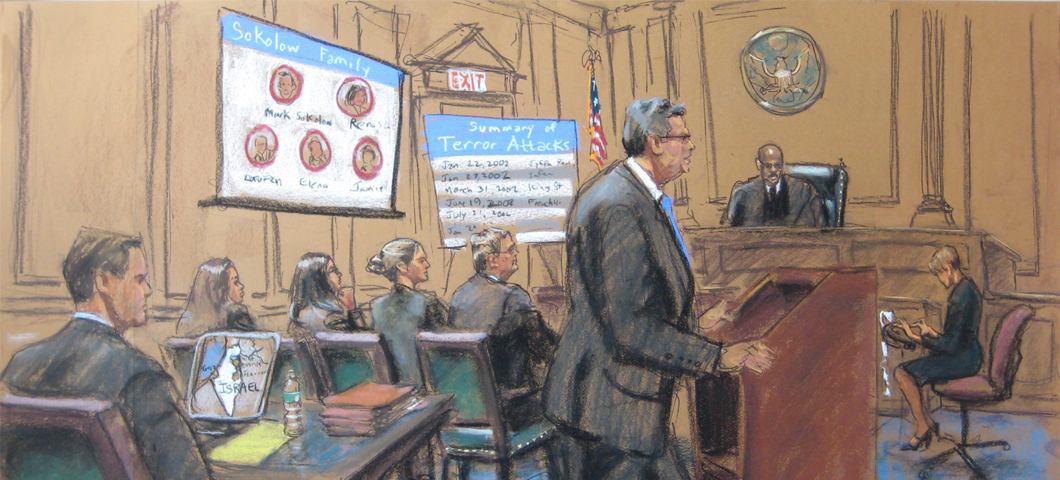Exactly How Trial Presentations Enhance Your Debate and Encourage Jurors
Trial presentations offer as a pivotal device for boosting legal debates and persuading jurors. By integrating visual aids, narrative frameworks, and psychological involvement, attorneys can produce an engaging instance that resonates on multiple degrees. The strategic use of visuals not only clarifies complicated details however additionally captures jurors' attention better than words alone. The art of narration plays a just as critical role in transforming accurate evidence into a compelling narrative, shaping jurors' understandings. Recognizing these components can significantly impact test outcomes, raising the question of how each component adds to this intricate dynamic.

Relevance of Aesthetic Help
Aesthetic aids play a critical role in improving the effectiveness of trial presentations, as they can significantly increase target market involvement and retention of information. In the context of a trial, where jurors are tasked with processing complex information, aesthetic help serve to simplify and make clear bottom lines. Charts, charts, and photos can communicate data and principles that might otherwise bewilder or puzzle jurors, enabling for a more simple understanding of the evidence presented.
In addition, aesthetic aids help in maintaining juror focus throughout the procedures. By damaging the dullness of verbal testament, these devices can stress vital disagreements, making them more remarkable. Efficient aesthetic aids can additionally evoke psychological responses, which can be crucial in encouraging jurors to align with the speaker's narrative.

Crafting Engaging Narratives
An engaging story is vital in test presentations, as it functions as the foundation of effective persuasion. It enables lawyers to weave together facts, evidence, and emotional components right into a meaningful tale that reverberates with jurors. This narrative structure allows jurors to recognize the intricacies of the case while assisting them via the attorney's argument.
To craft an engaging story, lawyers should concentrate on clearness and comprehensibility. This involves establishing a clear lead character-- often the client-- and describing their trip with the occasions in inquiry. Presenting the facts in a rational sequence improves comprehension and preserves involvement. Additionally, making use of vibrant descriptions can create mental images that assist jurors imagine the events, making the narrative much more unforgettable.
Furthermore, integrating vital motifs throughout the discussion strengthens the core message and aids in retention - trial presentations. The story needs to not just communicate information yet additionally stimulate a sense of justice, highlighting the risks entailed. Eventually, a well-constructed story promotes a link between the jurors and the case, placing the attorney's argument as both reputable and engaging, consequently enhancing the likelihood of a desirable decision

Engaging the Court Emotionally
Effective jury interaction hinges on the lawyer's capability to link with jurors on a psychological degree. This connection can considerably affect jurors' assumptions and their ultimate decision-making.
Visual aids, such as photos or videos, can better enhance emotional interaction, supplying jurors with dazzling depictions of the case's human elements. Crafting a narrative that highlights the struggles and triumphs of the individuals involved ensures that jurors see beyond the legal arguments and recognize the human consequences of their decisions.
A lawyer's enthusiastic distribution can reverberate with jurors, reinforcing their emotional financial investment in the case. It's vital to balance emotional allures with accurate evidence, making certain that jurors really feel obliged to act while continuing to be grounded in the truth.
Structuring Your Discussion

The body of the discussion need to be realistically fractional into bottom lines, each supported by engaging proof. It is beneficial to utilize narration strategies to weave facts into a narrative that jurors can quickly adhere to. Aesthetic aids, such as graphes and video clips, can boost understanding and engagement, helping to highlight vital items of proof.
Real-World Instance Studies
Examining real-world instance research studies supplies indispensable understandings into the art of click now trial discussions and persuasion. The protection team successfully used an approach that incorporated high-profile professional statements with multimedia presentations, which mesmerized jurors and eventually influenced their choice.
Another notable example is the "McDonald's Coffee Case," where the complainant's attorneys made use of graphic images of the injuries endured by Stella Liebeck. trial presentations. This stark aesthetic evidence played an essential duty in communicating the extent of her burns, causing a significant jury honor. Such cases show that impactful test presentations often depend upon the reliable combination of visuals and narration to evoke emotional feedbacks from jurors
Additionally, the "Casey Anthony Test" highlighted published here the significance of narrative coherence and credibility. The prosecution's failure to establish a compelling timeline lessened their influential power, highlighting the necessity of a well-structured presentation. Examining these instances reveals that effective trial presentations need critical preparation, emotional involvement, and the capability to resonate with jurors' worths and beliefs.
Final Thought
Trial presentations considerably enhance arguments and convince jurors through the strategic usage of aesthetic aids, compelling stories, and psychological interaction. A well-structured presentation balances psychological charms with accurate evidence, inevitably reverberating with jurors' values.
Comments on “Advanced trial presentations make evidence presentation seamless.”